These Are My 10 Favorite Novels from the 1,000 Books I’ve Read in My Life

I read 70 books per year, so I’ve covered quite a bit of literary ground.
From everything I’ve read, here are my all-time favorite novels in order.
I’ve included an affiliate link from Bookshop.org for each book. (If you purchase one of them, you’ll support me and local bookstores. Win-win!)
1. “The Count of Monte Cristo” by Alexandre Dumas
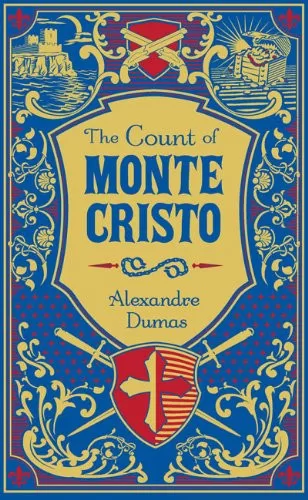
Summary: Edmond Dantès is nice but naive. Jealous enemies conspire to lock him up in prison so they can ruin his life and steal his wife. While in prison, he hears of an impressive fortune buried on the Isle of Monte Cristo. Once out of prison, Dantès strives to claim that fortune and use it to help him enact revenge on his enemies.
What I Love About It: The Count of Monte Cristo is the most epic revenge story of all time. I can’t envision a lower low than losing your spouse and being thrown in prison, and I can’t envision a higher high than the wealth and power Dantès strives for later in the book. You’ll read this book not only cheering for Dantès but feeling like you’re right alongside him.
What Makes It Unique: Exceptional writing and a brilliant hero’s journey
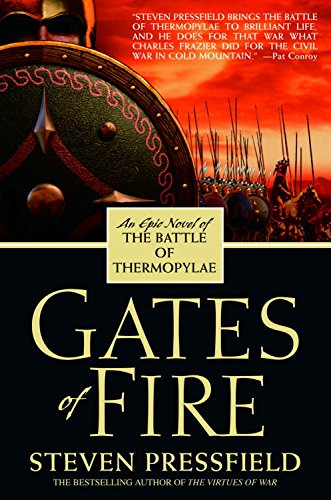
Summary: In 480 B.C., Persian ruler Xerxes I amassed an army of 70,000 to 300,000 soldiers to expand Persia’s kingdom by invading Greece. But Sparta’s fearless King Leonidas, his 300 Spartan warriors, and some other local Greek soldiers stood in their way. Leonidas and his puny forces managed to hold off Persia’s horde for three days in the Battle of Thermopylae—the heroic battle chronicled in the film 300.
What I Love About It: Gates of Fire is the most epic historical novel I’ve ever read. It’s a tale of courage, leadership, and grit unlike anything out there.
What Makes It Unique: Steven Pressfield’s imagery is so realistic that West Point, the U.S. Naval Academy, and the Marine Corps assign Gates of Fire to their young cadets.
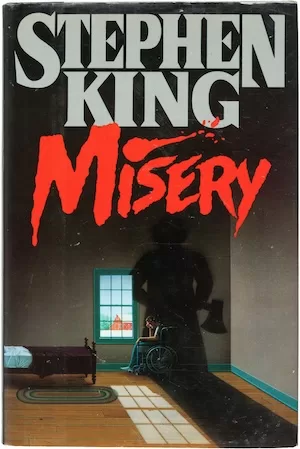
Summary: Author Paul Sheldon comes face-to-face with his biggest fan in this creepy novel. When Sheldon’s car crashes in the middle of nowhere, a woman named Annie Wilkes nurses him back to health. But then Wilkes decides to hold Sheldon hostage until he writes a new story about her favorite character from his books: Misery Chastain.
What I Love About It: Misery is my favorite work from my favorite novelist, the great Stephen King. It’s gritty, raw, and fast-paced. It’s also a brilliantly confined story: most of the action takes place within the confines of a small room.
What Makes It Unique: If you’ve never read Stephen King before, not only is this one of his best books, but it’s also one of his shortest — which makes it a great entry into his work. Most of his novels are 600+ pages, but Misery is less than 400.
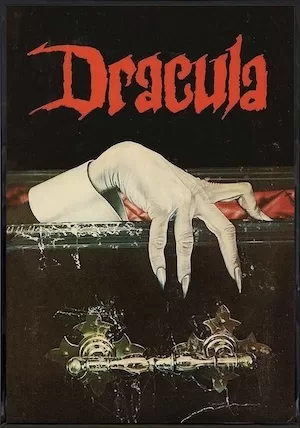
What I Love About It: Dracula is a touchstone of gothic fiction and horror: a spooky setting, weird stuff happening, a mysterious count who seems to be behind it all, and supernatural creatures that pose an existential threat to humankind.
What Makes It Unique: Stoker uses journal entries, letters, and newspaper clippings to tell this iconic story. It’s some of the most unique storytelling I’ve ever read.
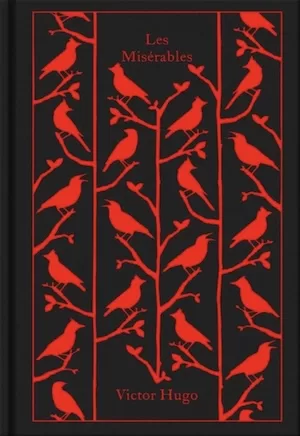
Summary: After 19 years in prison, Jean Valjean re-enters the world of the free, trying to make an honest life for himself. But he realizes that once you’ve been labeled as a thief and convict, it’s hard to change anyone’s perception of you. Valjean begins caring for a young girl named Cosette but faces trials on every side: a relentless police inspector, a corrupt innkeeper and his wife, and civil unrest in France.
What I Love About It: I struggle with long books, so this 1,200+ page monster was a challenge for me, but the payoff was well worth it. Les Miserables contains several of the best examples of non-romantic, unconditional love I’ve ever read.
What Makes It Unique: Not only is Les Miserables a primer on empathy and love, it also provides a great overview of the French Revolution.
-> Note: If you buy this book, be sure to purchase the Norman Denny translation (pictured above and linked here). The translation matters a TON for this book.
6. “Gone Girl” by Gillian Flynn
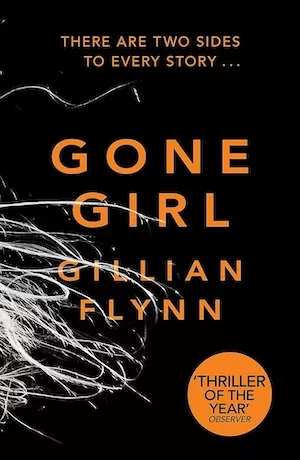
Summary: Storybook couple Nick and Amy Dunne are celebrating their fifth anniversary. But then Amy disappears, and passages from her diary indicate her husband Nick may not be the gentleman he seems.
What I Love About It: Every one of Flynn’s books is dark and twisted, and this one is the twistiest. It’s an impressive psychological thriller that keeps you guessing until late in the book.
What Makes It Unique: Gillian Flynn uses several interesting plot devices and storytelling techniques in Gone Girl, including shifting each chapter between the perspectives of three first-person narrators: Nick, Amy, and Amy’s diary.
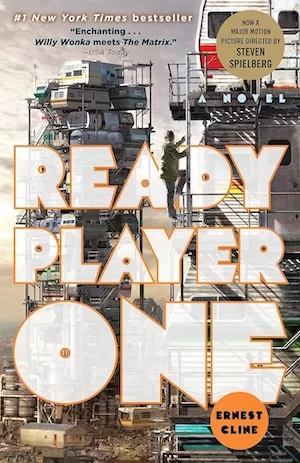
Summary: The year is 2045, and the world has been ravaged by poverty, climate change, and war. The majority of humanity copes with the world’s destitution by immersing themselves in the virtual reality of the OASIS — the brainchild of computer scientist James Halliday. Halliday has decided to bequeath his fortune to whoever can find the Easter egg hidden inside the OASIS, and teenage gamer Wade Watts thinks he’s up to the challenge.
What I Love About It: It’s just so freakin fun. Ready Player One is a romp through the 80s culture of nostalgic music, movies, and video games. It’s also a Willy Wonka-esque hunt for the golden ticket that could rescue a poor kid from his destitute upbringing.
What Makes It Unique: Even though I didn’t really grow up in the 80s (I was born in 1987) or play many video games as a child, this book still pulled me in. Few authors can write a nerd book that speaks to people outside the fandom of that nerd subculture, but Cline pulled that off expertly.
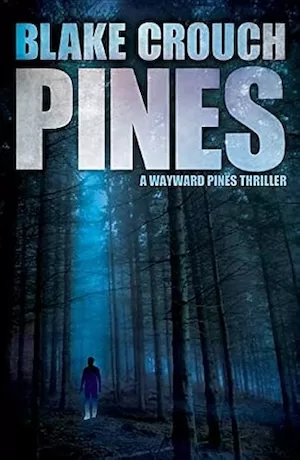
Summary: Two federal agents go missing in the secluded town of Wayward Pines, Idaho. When Secret Service agent Ethan Burke arrives to investigate the incident, he realizes there’s a lot going on behind the scenes in this small town.
What I Love About It: It’s hard to express exactly how good (and underrated) this book is. I flew through this book and immediately read the rest of the trilogy. Blake Crouch has risen in popularity on the back of his newer books like Dark Matter, Upgrade, and Recursion, but this 2012 book is better than anything else of his I’ve read.
What Makes It Unique: Many books and TV shows are set in creepy small towns (Twin Peaks, From, We Have Always Lived in the Castle, ‘Salem’s Lot, It, The Stepford Wives, Something Wicked This Way Comes, etc.), but it’s hard to stretch that type of story into multiple volumes and stick the landing. Crouch nails it.
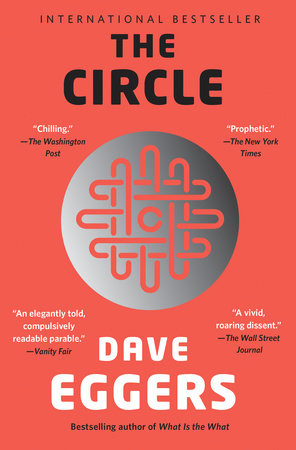
Summary: Recent college grad Mae Holland is elated when she lands a job at the coolest tech company in the world, the Circle. Mae’s ambition and idealism help her rise rapidly in the company, but along the way, she begins to lose herself, her family, and her best friend as she morphs into an unrecognizable corporate puppet.
What I Love About It: The Circle is a biting criticism of big tech, political power, and social media overreach. Its poignant message and dystopian world kept me turning the pages, and I finished the book in two days.
What Makes It Unique: Eggers erects a Black Mirror-esque world. As the tentacles of the billion-dollar behemoth wrap around more aspects of their users’ lives, you begin to wonder: Is this book maybe a little too real?
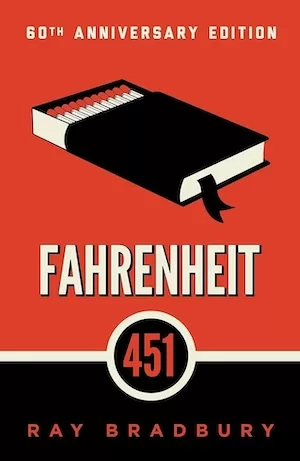
Summary: In the bleak not-too-distant future of Fahrenheit 451, all books have been banned by the government. (After all, why allow citizens to read the truth of history if you can control their thoughts through mass media and propaganda?) Society’s “firefighters” are government agents tasked with burning any books that are discovered, and fireman Guy Montag begins to question whether his job is actually serving the public good.
What I Love About It: Fahrenheit 451 is one of the books that taught me classic literature can be fun. Before reading this book, I assumed most literature was boring, but then I met Guy Montag and Bradbury’s brilliant dystopian world that turns the role of “firefighter” on its head.
What Makes It Unique: Bradbury found a chilling way to depict the evils of his time: Nazi book burnings and Soviet propaganda. Bradbury’s iconic book proves that sometimes the best way to tell the truth is to write fiction.
I’m always looking for great books to read, so please share your recommendations in the comments!
And if you’ve read any of these books — regardless of whether you loved or hated the book — please let me know in the comments. It’s always interesting to hear which books resonate with people and which don’t.
Want to become a powerful learner?
Sign up to get my exclusive
10-page guide for leaders and learners.

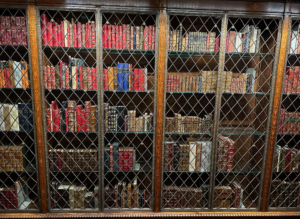

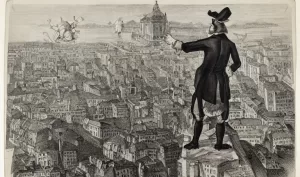
I love Ready Player One, too. Did you read the sequel? I did not love it as much. I’m also a big fan of Les Miserables, too. I often think about that book and my reading experience with it.
Yes, I also read the sequel and felt the same as you did. I thought it was still worth reading, but nowhere near as good as the original.
I think about Les Miserables a lot too! It’s a book that definitely sticks with you.
Fahrenheit 451 has always been one of my favorites and I think 1984 by George Orwell is right there with it! These are two that I always recommend to everyone!
Those are both solid picks! Thanks Crystal! 🙂
Bobby – if you haven’t already read ‘Hyperion’ by Dan Simmons, you might want to check it out. Based on your top 10 nonfiction books, you might like to also consider ‘Multipliers’ by Liz Wiseman and ‘Barking up the wrong tree: The Surprising Science behind why everything you know about success is (mostly) wrong’ by Eric Barker if you haven’t already read them. Finally, since you liked ‘Bad Blood’ you might enjoy ‘Skunk Works: A Personal Memoir of My Years at Lockheed’ by Ben Rich.